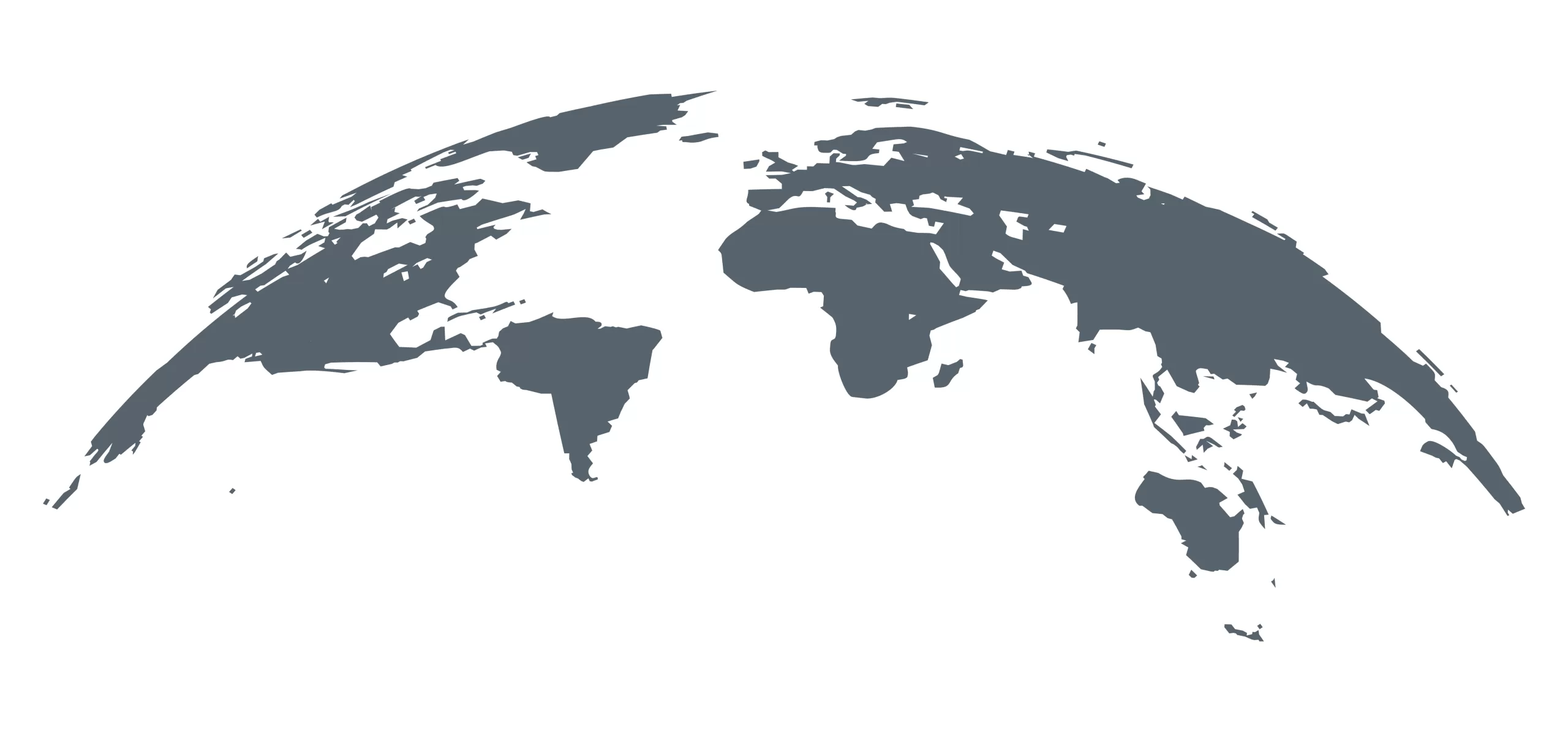
Global Youth Well-Being Initiative (GYWI)
In this rapidly changing era, the mental health and well-being of adolescents have become a global focus. To better respond to this challenge, the International Institute for Applied Positive Psychology has launched the Global Youth Well-Being Initiative (GYWI) and specifically introduced the innovative AI Youth Companion Coach to provide more personalized and sustainable support for youth worldwide.
Project Background and Necessity

Mental health challenges among youth represent a critical and growing global issue, transcending geographical and cultural boundaries. Despite significant advancements and efforts in mental health education and intervention, current approaches remain fragmented, culturally inconsistent, and inadequately synchronized across disciplines and regions.
GYWI seeks to address these gaps through a multinational, interdisciplinary research coalition, uniting expertise from diverse fields—including psychology, education, sociology, cultural studies, public health, ethics, and advanced technologies. By fostering global collaboration, we aim to develop culturally responsive, evidence-based, and sustainable solutions to improve youth mental health worldwide.
Project Objectives

Establish a Global Research Network
- Form an interdisciplinary consortium of researchers, universities, research institutes, NGOs, and governmental bodies dedicated to youth mental health research and innovation.
- Facilitate continuous academic exchange, knowledge sharing, and collaborative research projects across diverse cultural contexts.
Develop Culturally Adaptive Frameworks
- Co-create adaptable methodological frameworks for assessing, addressing, and promoting youth mental health, sensitive to cultural, social, and economic diversity.
- Conduct comparative studies to understand differing cultural perceptions, stigma factors, and intervention acceptance levels globally.
Foster Evidence-Based Practice Innovation
- Encourage innovative research methodologies and assessment tools for mental health education, prevention, monitoring, and intervention.
- Support pilot implementation and rigorous evaluation of new approaches in diverse regional and cultural settings.
Promote Open Data and Resource Sharing
- Establish a transparent, secure global data-sharing platform to facilitate cross-national studies and meta-analyses, enhancing global understanding of youth mental health trends.
- Encourage open-access publication, dissemination of research findings, and collaborative development of educational materials.
Global Youth Well-Being Research Hub

To facilitate practical collaboration, GYWI introduces the Global Youth Well-Being Research Hub, a dedicated virtual and physical environment enabling international researchers to effectively collaborate. This hub provides comprehensive support for:
- Collaborative Research Initiatives: Facilitate joint research projects, comparative analyses, and multinational grant applications.
- Regular Academic Workshops and Symposiums: Organize international conferences, seminars, and workshops focused on emerging research, best practices, and methodological innovations.
- Capacity-Building & Training: Offer training programs, webinars, and mentorship schemes to enhance global research capacities, particularly supporting early-career researchers from diverse regions.
- Research Dissemination & Public Engagement: Create platforms for public communication, stakeholder dialogue, educational resource dissemination, and policy advisory initiatives.
Implementation Strategies

Multidisciplinary Collaborative Framework
- Establish specialized working groups focusing on key thematic areas: mental health education, ethical considerations, cross-cultural adaptation, technology integration, and policy impact.
- Facilitate regular communication, exchange visits, and collaborative research stays between institutions and researchers.
Inclusive and Participatory Approach
- Ensure meaningful participation from diverse stakeholders, including youth representatives, educators, families, community leaders, and policymakers, in research design and evaluation processes.
- Encourage culturally sensitive, participatory action research methodologies to ensure relevance, respect, and responsiveness to local needs and contexts.
Expert Coordination and Advisory Committees
- Form an international advisory committee comprising renowned scholars, practitioners, and policymakers to guide strategic direction, ensure research quality, and promote impactful outcomes.
- Implement rigorous ethical standards and oversight to ensure responsible research practices and data governance.
Privacy, Security, and Ethical Commitment

Ethical Standards and Data Governance
- Adhere strictly to international ethical standards, protocols, and privacy regulations, ensuring responsible handling of sensitive youth mental health data.
- Establish clear consent mechanisms, data anonymization practices, and transparent data-use policies.
Continuous Ethical Review and Feedback
- Regular ethical oversight committees will evaluate research activities, ensuring compliance with evolving global standards.
- Solicit continuous feedback from participants and stakeholders to enhance accountability, transparency, and trust.
Expected Global Impact

By fostering extensive international collaboration, the Global Youth Well-Being Initiative aims to achieve:
- Enhanced Global Mental Health Literacy: Improved awareness, reduced stigma, and greater acceptance of mental health support services across diverse cultural contexts.
- Culturally Adapted and Proven Interventions: Development and dissemination of evidence-based, culturally sensitive mental health interventions and educational models suitable for global implementation.
- Strengthened Research Capacity: Empowerment of researchers worldwide through shared expertise, resources, and training, contributing to sustained improvements in youth mental health research and practice.
- Policy Influence and Advocacy: Provision of robust evidence and policy recommendations to inform international guidelines, national strategies, and local mental health education policies.
Participation Methods

We invite researchers, institutions, NGOs, policymakers, and community representatives worldwide to actively contribute to this global research initiative through multiple avenues of involvement:
- Institutional Partnerships: Universities and research institutions are invited to collaborate on joint studies, host workshops, or participate in exchange programs.
- Individual Researcher Contributions: Researchers can join thematic working groups, participate in collaborative publications, or engage in mentorship programs.
- Policy and Community Engagement: Policymakers and community leaders are encouraged to participate in advisory committees and stakeholder dialogues, ensuring research relevance and practical implementation.
- Youth & Family Involvement: Youth groups and families are invited to contribute to participatory research processes, ensuring authentic representation of lived experiences and community needs.
